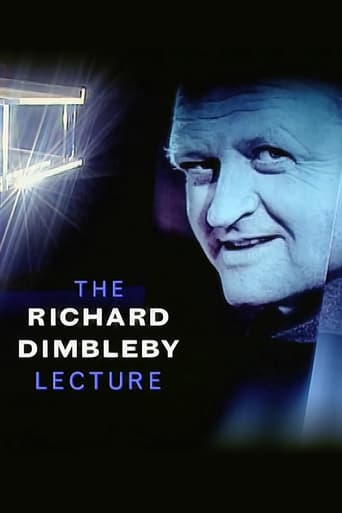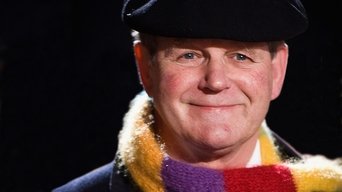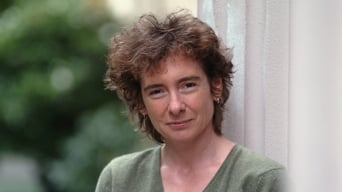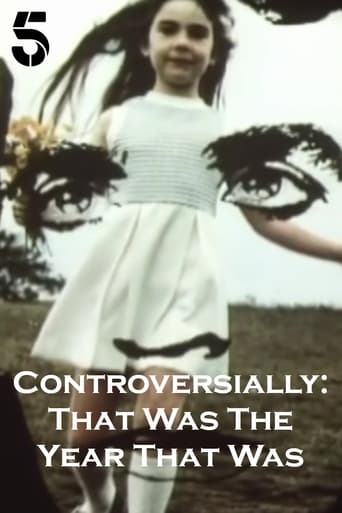The Richard Dimbleby Lecture (1972)
The Richard Dimbleby Lecture
1972 / NR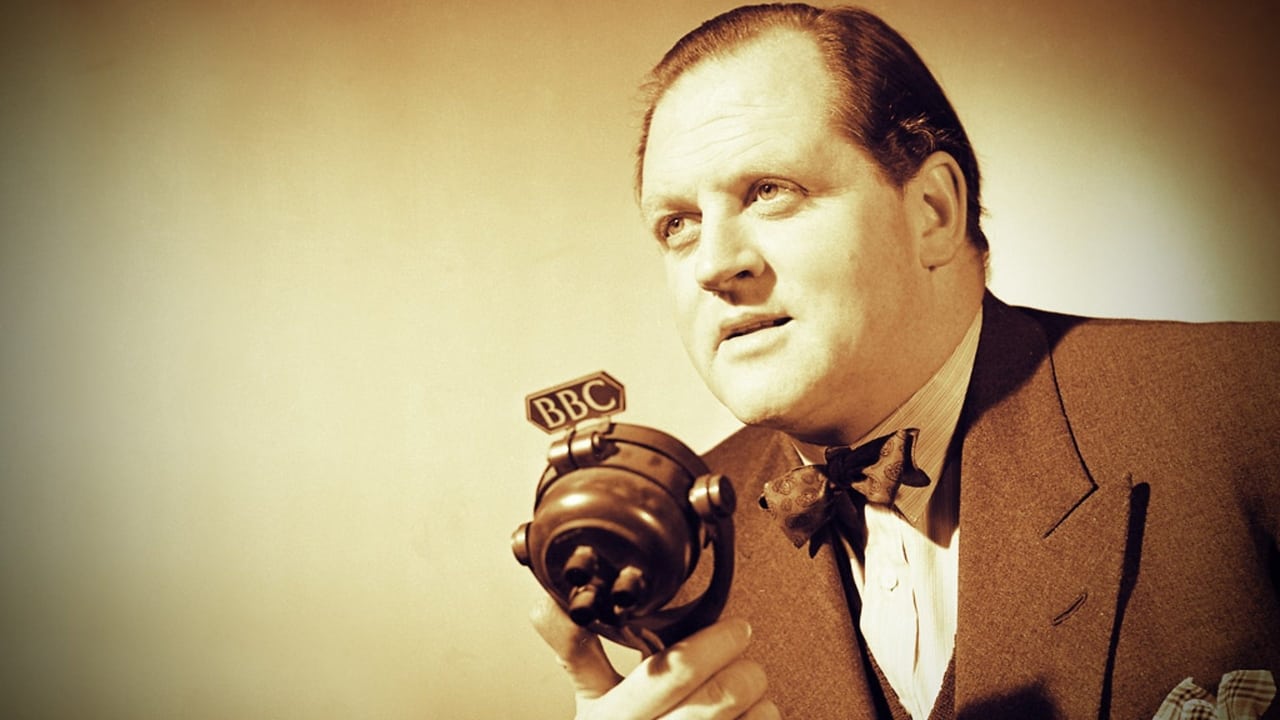
The Richard Dimbleby Lecture was founded in the memory of Richard Dimbleby, the BBC broadcaster. It has been delivered by an influential business or political figure almost every year since 1972.
Seasons & Episode

Sir Robert Mark, Britain's top policeman, tonight critically examines our system of justice. He takes a fresh look at the role of the police in our society, and outspokenly declares his own beliefs about the state of law and order today. Introduced by David Dimbleby

Former managing director of BBC television, Sir Huw Wheldon, gives a lecture before a specially invited audience at BBC Television Centre.

David Dimbleby introduces Lord Hailsham's lecture, in which he proposes a written constitution for the UK to limit the powers of parliament and provide a system of checks and balances.

The Chairman of the BBC, Sir Michael Swann, introduces the Richard Dimbleby Lecture, in which Lord Rothschild discusses the assessment and acceptibility of risks.

Jonathan Dimbleby introduces the 20th annual lecture as Stella Rimington, the Director General of the Security Service, sheds light on the workings and basic remit of MI5.

In his role as the Charles Simonyi Professor For The Understanding Of Science at Oxford University, Dawkins regularly talks to the public regarding his views on the wonders of science. Several weeks ago, on November 12th, 1996, he delievered the Richard Dimbleby Lecture on BBC1 Television in England, entitled "Science, Delusion and the Appetite for Wonder.

Jonathan Dimbleby introduces the 20th annual lecture as Stella Rimington, the Director General of the Security Service, sheds light on the workings and basic remit of MI5.

General Sir Mike Jackson gives the 31st Richard Dimbleby Lecture. The man who led Britain's soldiers through conflicts in Iraq and Afghanistan talks publicly for the first time since leaving the Army. Speaking from the Regimental Headquarters of the London Scottish Regiment, General Jackson examines The Defence of the Realm in the 21st Century.

Gene pioneer Dr. J. Craig Venter gives the 32nd Richard Dimbleby Lecture. One of the principal scientists who decoded the human genome is about to create the first artificial life form on Earth.
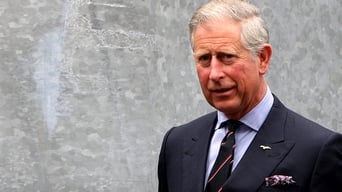
His Royal Highness The Prince of Wales gives The Richard Dimbleby Lecture from St James's Palace in London. The heir to the throne has become well-known for identifying key issues ahead of mainstream public thinking, such as encouraging organic food production or emphasising the importance of inter-faith dialogue. In this lecture, he sets out some of the serious challenges which the world faces, and explores how some of these issues could be tackled in the years ahead.
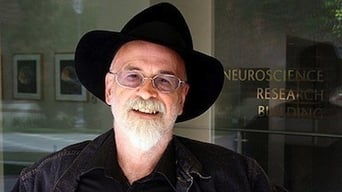
One of the world's most popular authors gives the 34th Richard Dimbleby Lecture from the Royal College of Physicians in London. Sir Terry Pratchett announced in 2007 that he had been diagnosed with a rare form of early-onset Alzheimer's disease. In his keynote lecture, Shaking Hands with Death, he explores how modern society, confronted with an increasingly older population, many of whom will suffer from incurable illnesses, needs to redefine how it deals with death. The acclaimed creator of the bestselling Discworld series, he is the first novelist to give the Richard Dimbleby Lecture. His books have sold more than 65 million copies and have been translated into 37 languages.
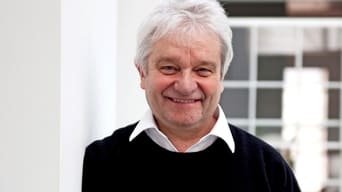
In the 2012 Richard Dimbleby Lecture, leading geneticist and Nobel laureate Sir Paul Nurse explores the wonder of science and how it enhances our culture and civilisation. He investigates how science can not only help solve the world's big problems, but also be harnessed to improve health and quality of life. One of Britain's most eminent scientists, Sir Paul is the president of the Royal Society and chief executive of the UK Centre for Medical Research and Innovation.
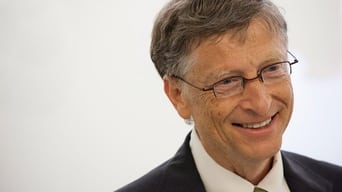
In the 2013 Richard Dimbleby Lecture, one of the world's greatest entrepreneurs and leading philanthropists, Bill Gates, explains his optimism for a world free of the debilitating disease, polio. He explains why he is devoting so much of his time, money and influence to eradicating polio, and how we can all help to finish the job. Since the launch of the Bill and Melinda Gates Foundation, Bill Gates has become a leading figure on the international development stage, seeking innovative solutions to extreme poverty and poor health in developing countries.
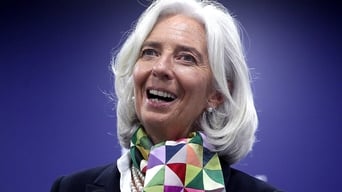
Christine Lagarde, the first woman to head the International Monetary Fund, delivers the 2014 Richard Dimbleby Lecture. Charismatic and plain speaking, Lagarde explains her thinking on the challenges facing the global economy. Introduced by David Dimbleby from Guildhall in London.
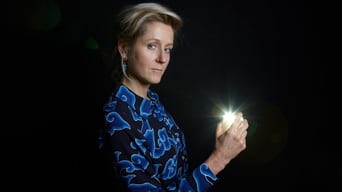
Martha Lane Fox, founder of lastminute.com, digital pioneer, baroness and chancellor of the Open University, delivers this year's Richard Dimbleby Lecture. She will challenge us all - leaders, legislators, and users - to understand the internet more deeply and to be curious and critical in our digital lives in order to tackle the most complex issues facing our society. Introduced by Jonathan Dimbleby, from the Science Museum in London.
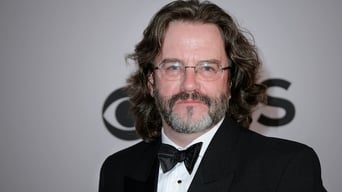
Gregory Doran, artistic director of the RSC, who has been described as one of the 'great Shakespearians of his generation', delivers the 2016 Richard Dimbleby Lecture. Four hundred years after Shakespeare's death, Gregory reflects on the impact and resonance Shakespeare still has in the contemporary world. Introduced by David Dimbleby from the Shard.

John O Brennan, former director of the Central Intelligence Agency, delivers the 2017 Richard Dimbleby Lecture. During his directorship, he was responsible for leading and managing intelligence collection, analysis, covert action and counterintelligence. He uses his extensive experience to assess the future prospects of security, stability and disruption in this time of global turbulence and challenge. Introduced by Jonathan Dimbleby.

British inventor Sir Tim Berners-Lee talks about his aspirations for the future of the World Wide Web, in 2019 its 30th anniversary year. The Fourth Industrial Revolution is well underway: the Internet of Things, AI and virtual reality are soon to be commonplace in our lives. Yet fewer women than men are online, more than half the world remains offline, and developing countries are missing out on revolutionary opportunities. Introduced by Richard’s son, Jonathan Dimbleby, from London’s Design Museum.

Professor Dame Sarah Gilbert delivers the 44th Richard Dimbleby lecture from Oxford, talking about creating a Covid-19 vaccine in less than a year. Sarah Gilbert is the Said Professor of Vaccinology in the Nuffield Department of Medicine at the University of Oxford. She works on vaccines for many different emerging pathogens and in 2020 led the development of a vaccine against the novel coronavirus, SARS-CoV-2, achieving emergency use approval in record time. The vaccine has now been used in more than 170 countries around the world after a groundbreaking partnership was formed between Oxford University and AstraZeneca. Introduced by Richard’s son, David Dimbleby.
The Richard Dimbleby Lecture was founded in the memory of Richard Dimbleby, the BBC broadcaster. It has been delivered by an influential business or political figure almost every year since 1972.
Watch Trailer
Free Trial Channels


